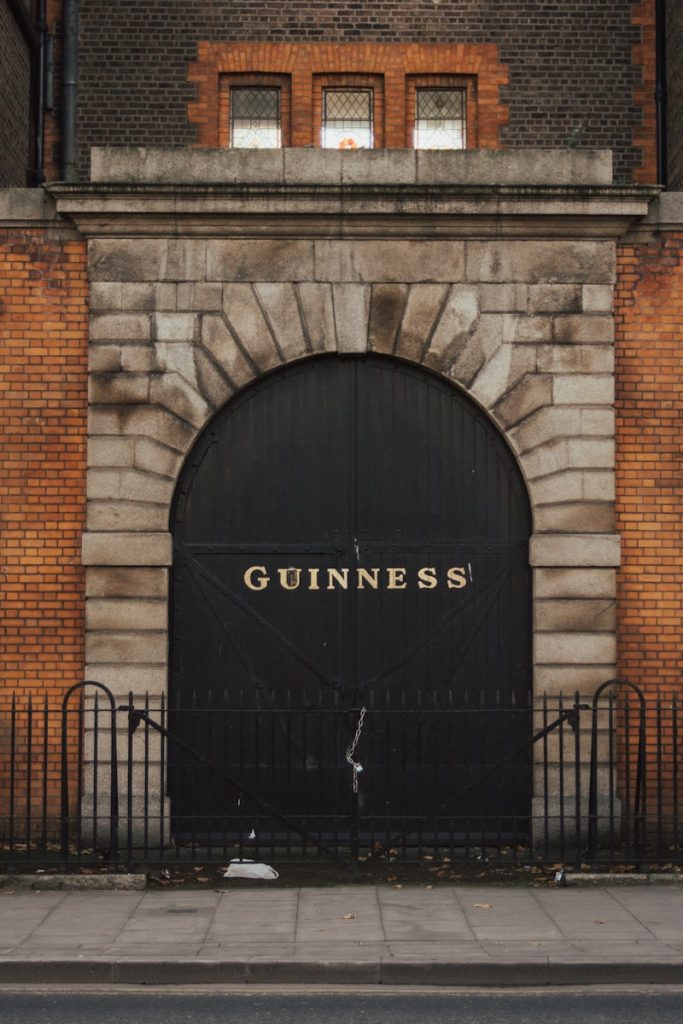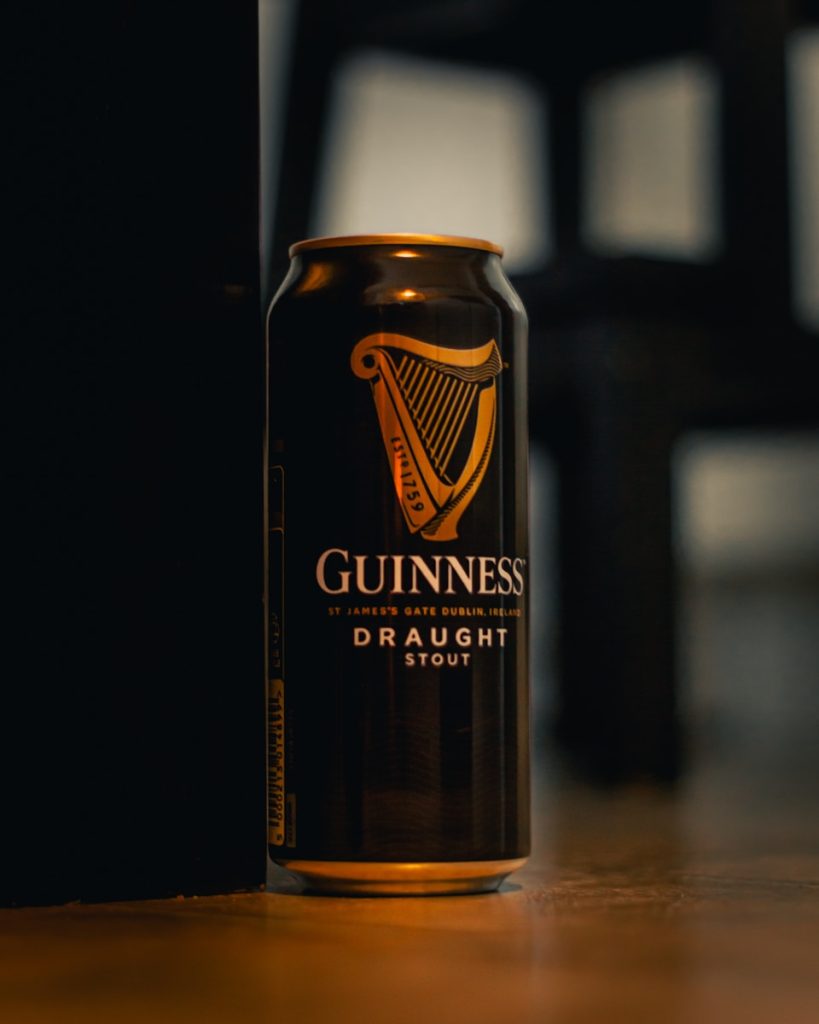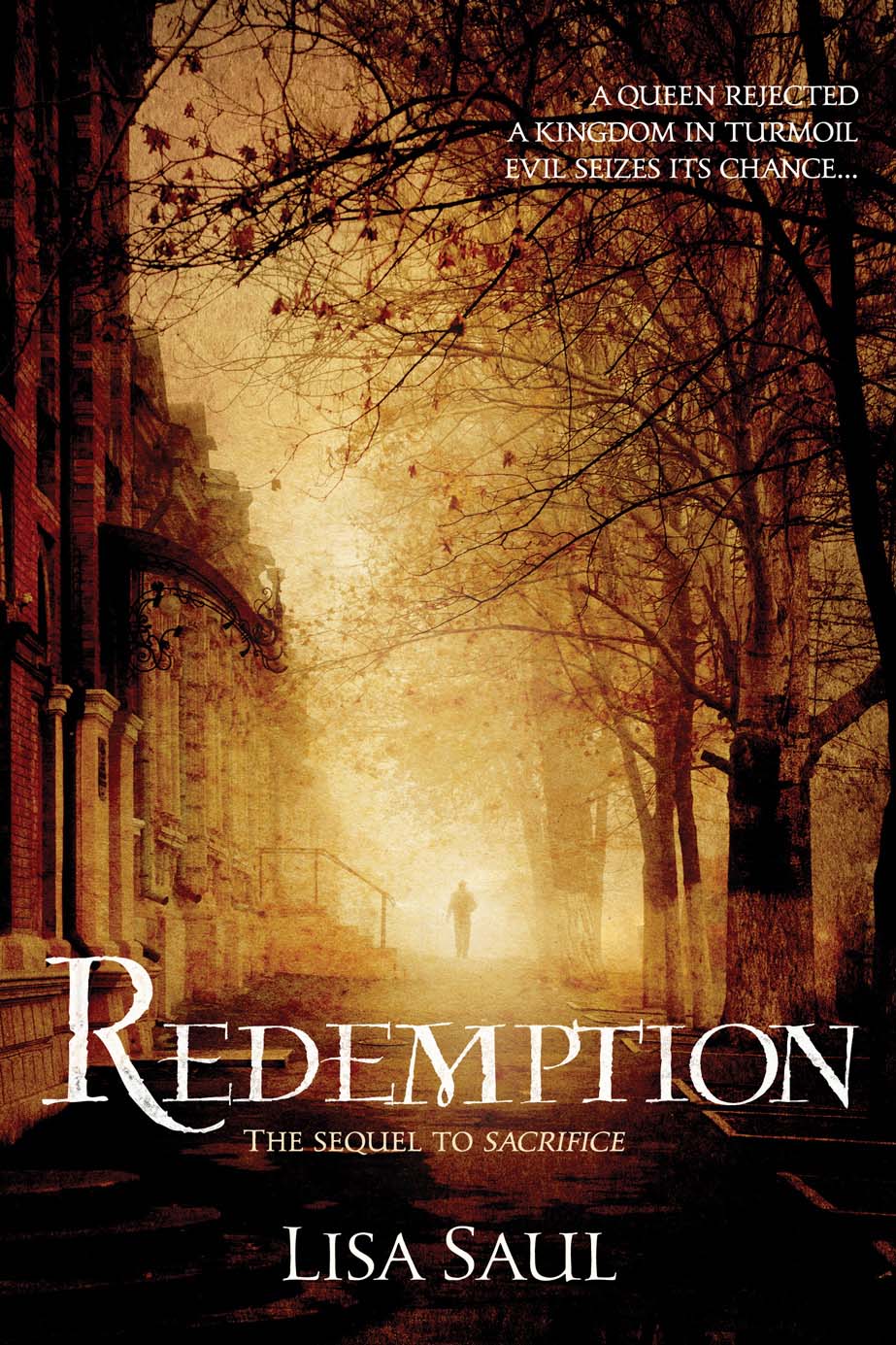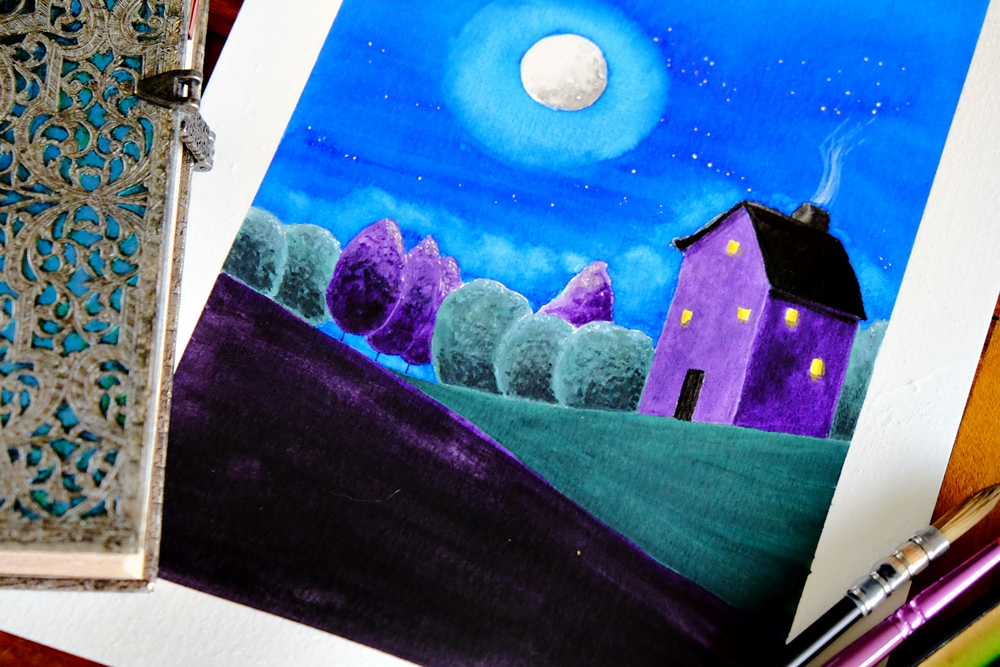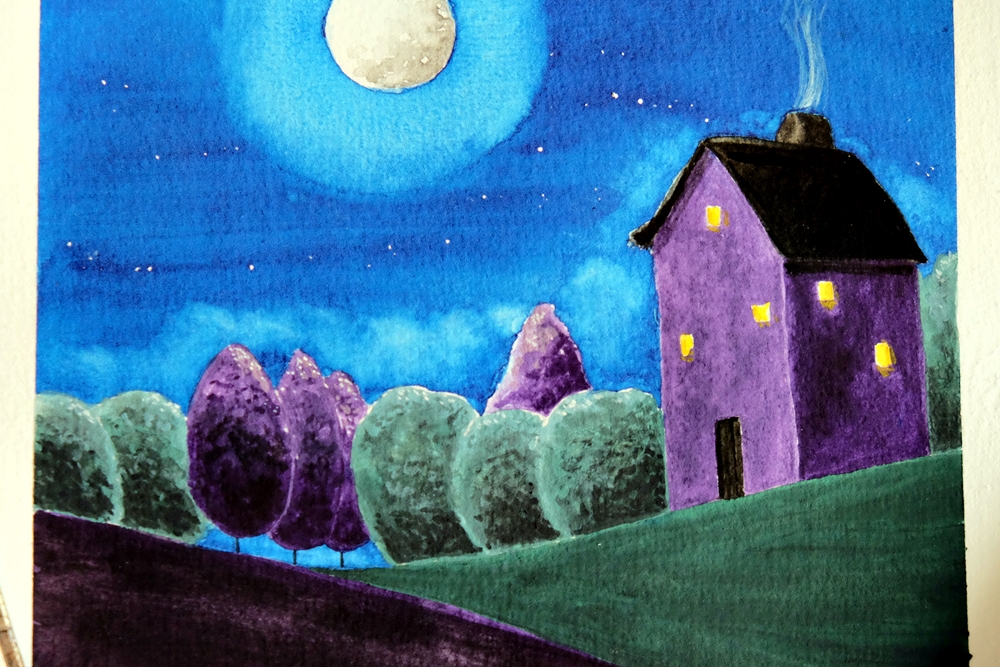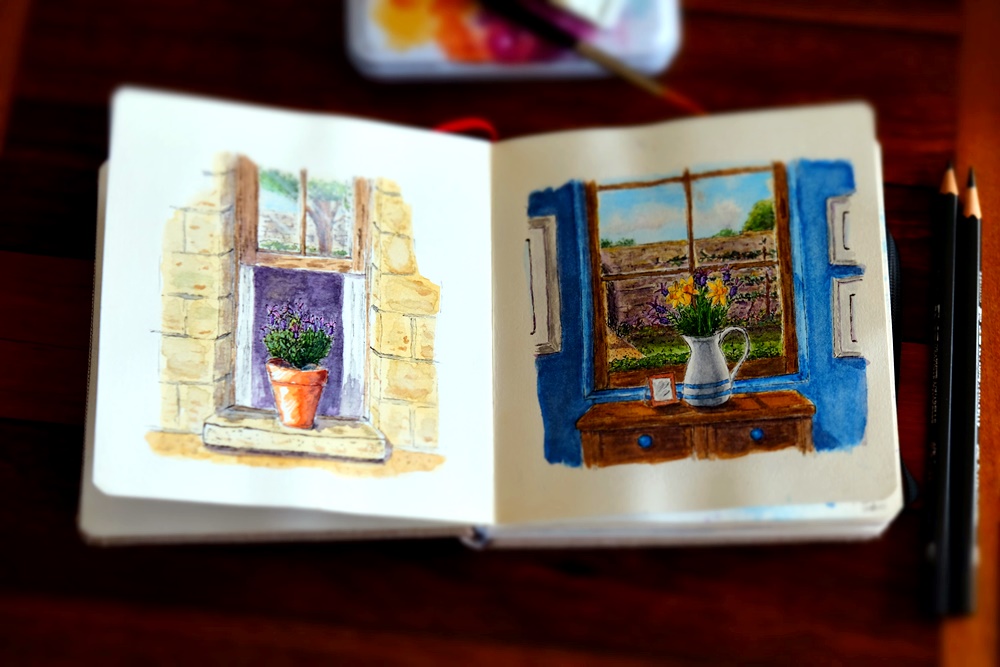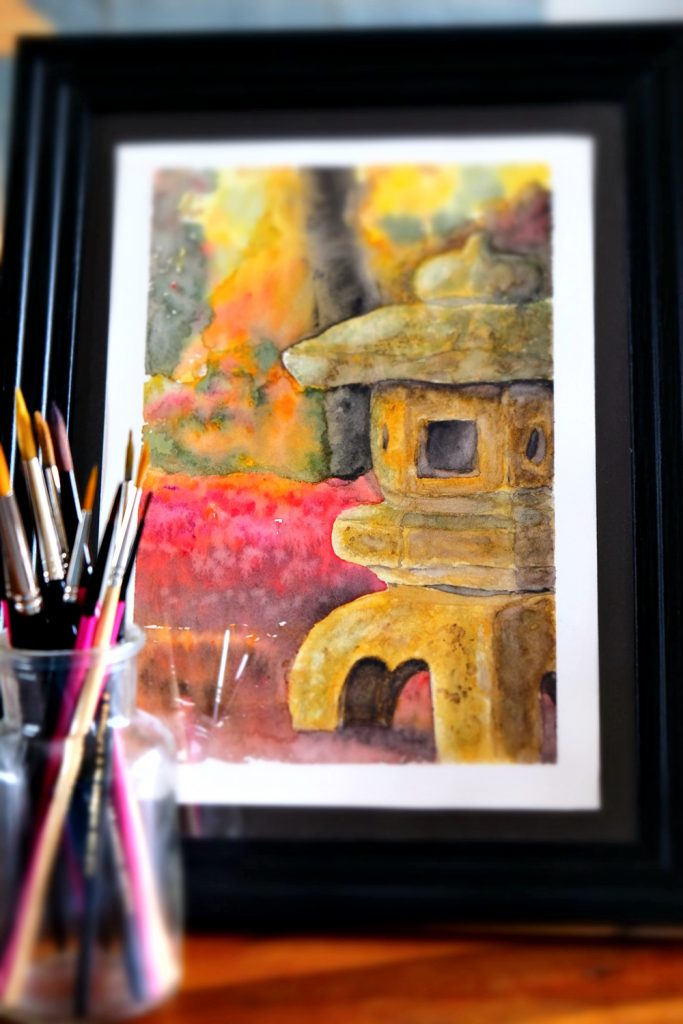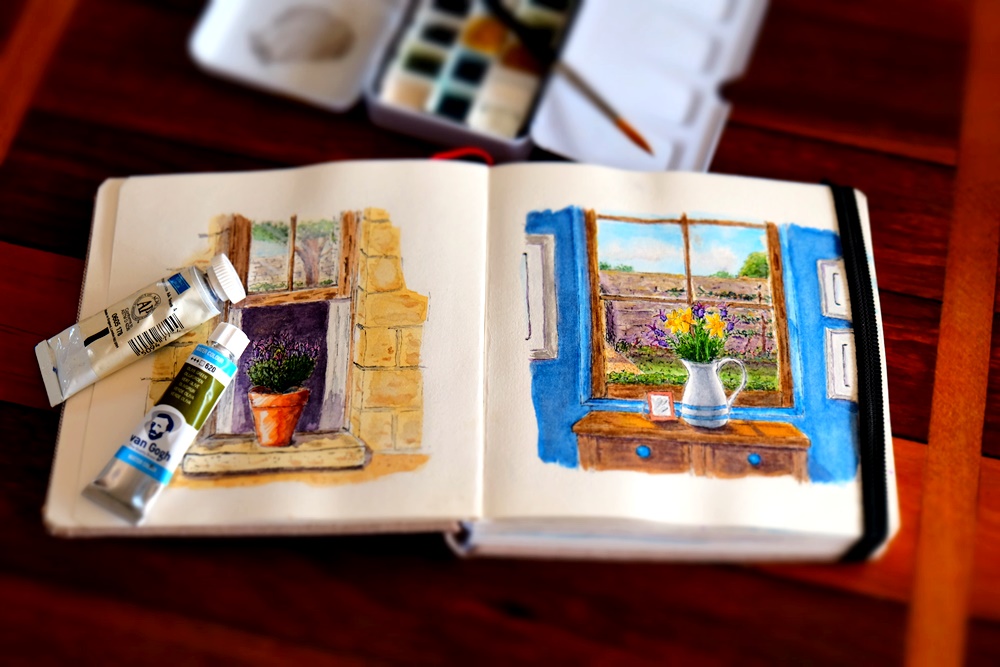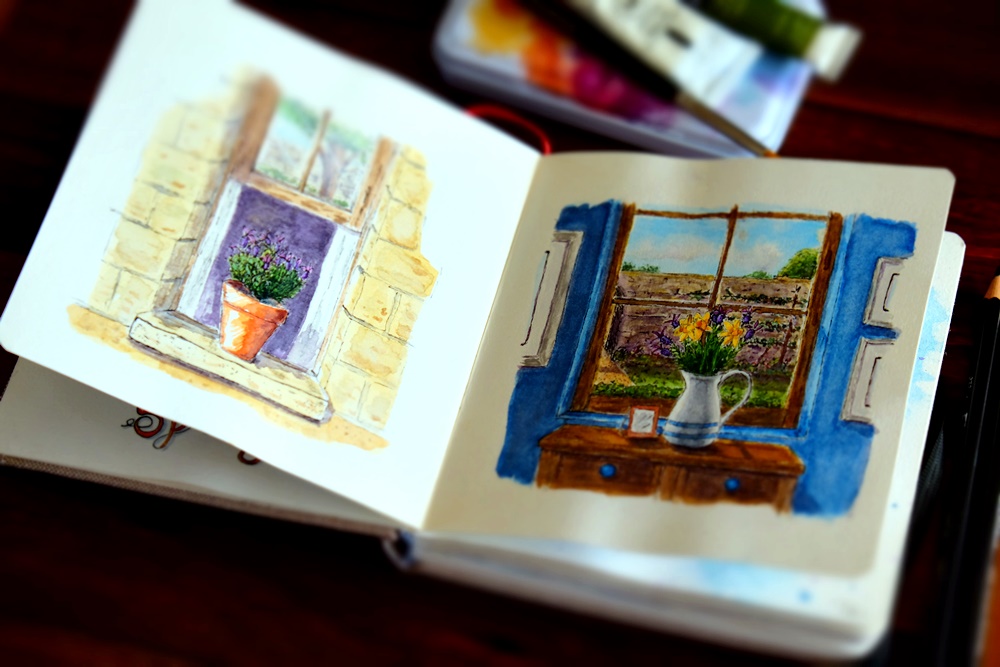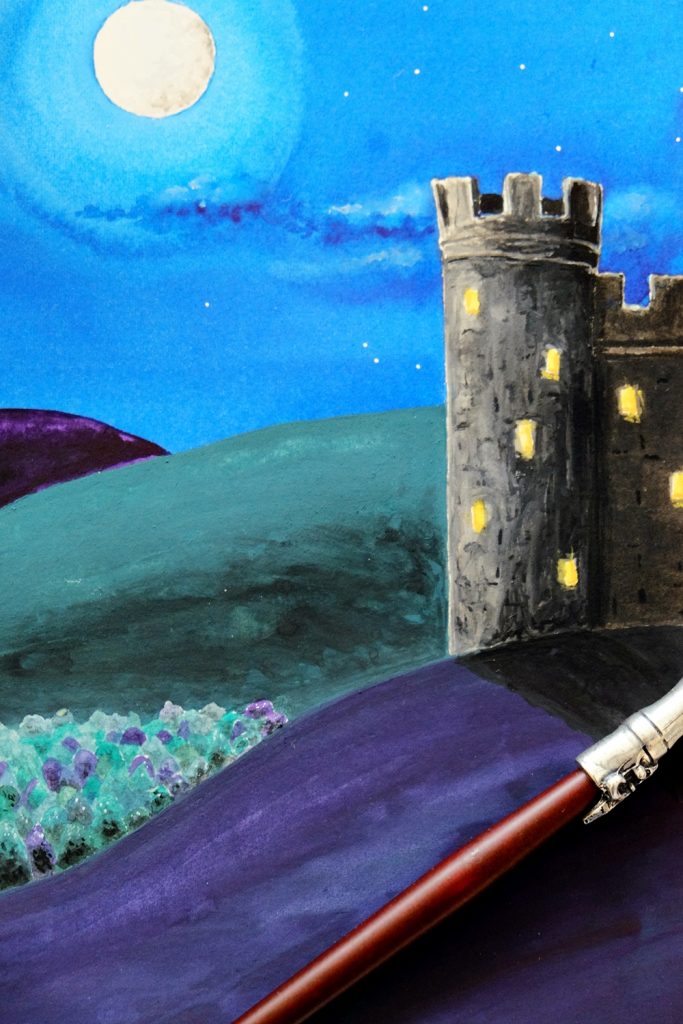“What the world needs now, is YOU, sweet YOU.
It’s the only thing there’s just too little of.”*
Let me show you why, including two real-world stories …
My 19-year-old son, Tristan, is training to be a games developer with a goal of building his own games from scratch and owning a company. He has a strong passion to do this, and he has a very specific calling from God for it. The amount of times God has stepped in, shown up, or spoken clearly about how and where Tristan should be heading is quite phenomenal. Certainly, Tristan is hearing from God far more clearly than I ever did at that age. (Back then I didn’t even know you could outside of the Bible.)
But just recently, he had the criticism levelled at him that he should be doing something more meaningful with his life. That he should be exploring the sort of technology that makes a difference in the world. That the world doesn’t need one more computer game!

By that yardstick, so much of what we have in this life can go, can’t it? Certainly most of what I do. But I would argue that we should be putting Christians into every industry at every level. Wherever we Christians pull out because it’s not spiritual or “important” enough, guess who leaps in to fill the gap? Satan – our enemy. And then what do we have? Who’s shaping and feeding the culture, making all the money, and deciding our technology and futures then?
We don’t “need” one more movie, for instance. But if we, as Christians, aren’t making them, then guess who is? In fact, we are now seeing the results of having been pushed out of the industry. Woke remakes, blatant propaganda, empty plotlines, and dark, demonic, sexually explicit R-rated movies abound. So if we want to shape culture, we need to be in there making movies and TV shows.
I say we should be getting as many Christians into the gaming industry as we can, and not just to create the games but to work at every level in the industry. If that’s your passion, your interest, and what you’re good at or training to be good at, then trust God to get you there.
I think that we too often greatly limit what a God-led calling looks like, both in ourselves and in others. And I think we too often greatly limit what a God-led success looks like. Or limit what it is He wants to use about us and how. And if we’re not careful, we can miss what God is doing.
Tristan has a strong desire to bring back great storytelling in computer games and bring out smart games that produce empathy and make you think and feel. But even if he didn’t, and he just wanted to make computer games that were simply fun, what if his purpose is to be honourable to his employees, give them a safe and communal place to work, allow them to work hours that give them the best times of their week with their families? What if it’s just to provide income for people in the industry? Or what if it’s to make money from his games to fund charity? Or … what if it’s simply because God is also a God of fun? Are any of these things less important than technology that shapes a new world? Think about that for a minute while I ask you something else.
Here’s a genuine question:-
If I said to you, “God has led me to create another powdered hot chocolate,” would you be suspicious because it doesn’t seem significant and spiritual enough? You’d probably doubt that I really am hearing from God. It does seem more likely that I’ve taken an idea and an interest and mistaken it for God’s leading. Yes?
Or what if I said that God very supernaturally led me to create another alcoholic beverage? Now you’d be really suspicious, right? Firstly, why would God want more alcohol in the world? Isn’t alcohol potentially wrong? And secondly, how could that possibly be a Christian ministry of any kind of importance?
And yet in both cases, if that’s how you saw things, you would have missed something God actually did in history to change the world.
Let me tell you their stories…
Did the World Need Another Hot Chocolate Drink?
Do you know the story of John Cadbury? During the Industrial Revolution when people were treated as even less significant than the machines they laboured over, and were grossly overworked, underpaid and underfed, John Cadbury, a Quaker, set out to show that you could treat your employees well, give them high pay and good hours, and still make a profit. He began with Cadbury’s drinking chocolate which he created because it was better for you than the usually-reached-for alcohol. It was not the first and only hot chocolate, but he found a way to make it smoother and milkier than other hot chocolates by grinding it himself with a mortar and pestle. And the company grew from there.
John Cadbury genuinely believed that cocoa was a health drink, something that countless studies have now borne out, but back then, he had to take it on faith.
John Cadbury just set out to honour God and benefit people through his business decisions. The Cadbury’s business model was of doing good first, profits second. Of all the businesses operating during the Industrial Revolution, God blessed Cadburys so greatly that as we know, it is still going.
The company Cadburys became a model for how to treat staff. John Cadbury gave them fair pay. He gave them fantastic housing in the village of Bourneville – which was designed and created just for them. They had great working spaces including such unheard of amenities as a kitchen where workers could heat up their meals. They were given days off, playgrounds, parks, athletic fields and so much more. He educated their children. He even gave them medical assistance. In return, his staff loved him and produced a chocolate drink and eventually chocolate products that the world devoured.
At a time when business was tough, God gave John’s two sons, Richard and George, a revolutionary way to process chocolate that allowed it to be 100% pure. Back then, chocolate was being bulked out by animal fat, red lead and brick dust! The result was a chocolate so rich and creamy, with all of its natural cocoa butter in tact, that it became the standard for chocolate that we still expect – and take for granted – from chocolate products today.
And that’s not all. John Cadbury and his sons made so much money, they funded more charities and funded change, including fighting for better working conditions and pensions. They ushered in a new world for workers.
Did the world need another chocolate treat? Yes it did, because there was so much more to it than chocolate.
Did the World Need Another Alcoholic Drink?
Do you know the story of Arthur Guinness? In the mid-1700s, Arthur Guinness looked at the drunkenness and violence of Ireland in his time and cried out to God to fix the problem. God did, by supernaturally giving Arthur Guinness a vision of a revolutionary new formula for an alcoholic drink using barley.
An alcoholic drink to fix the alcohol problem? Seriously?
Men were hungry and malnourished and depressed and they ran to alcohol at the end of the day to drown their problems and forget their pathetic lives. On empty stomachs, the cheap, nasty alcohol went straight into their systems. Men quickly became drunk and disorderly. It made them sicker and many died.
But Guinness, the drink, was so rich in nutrients, and so dense, not only could the men only drink one glass before they were full, but it was actually nourishing them. Guinness was so rich in vitamins like Vitamin B, it was literally a health drink. God provided everything Arthur Guinness needed, including allowing Arthur to rent a brewery for an absolute pittance for nine-thousand years! Yes, you read that right. It was a 9,000-year lease in St James Gate Brewery in Dublin where Guinness is still being made today. If that’s not supernatural, nothing is. Even their current website acknowledges the supernatural provision and vision that Arthur Guinness had. And Guinness is now THE highest selling stout beer, not only in Ireland, but the whole world!
Not only that, Arthur Guinness was a philanthropist who gave back to the community. He bought a park, for instance, from the wealthy of Dublin, and donated it to the people which is still there today. He built good apartments for people. He paid his staff 10% higher than anyone else did in that day. He created good quality housing for the people of Dublin, indoor clothing and food markets, even Ireland’s first Play-centre or creche for children. He gave his staff free medical centres and pioneered Ireland’s free healthcare. He gave days off to his staff as well as paid annual holidays and free meals. He also introduced a pension for all his employees. The way he treated his staff became a benchmark for Ireland that lifted the working lives of many who came after. Guinness, as a company, still continues that altruism today.
Did the world, during a time of rampant alcoholism, violence and deaths need one more alcoholic drink? Yes; yes it did. ▪
*A deliberate rework there of “What the world needs now” written by Burt Bacharach and Hal David.





